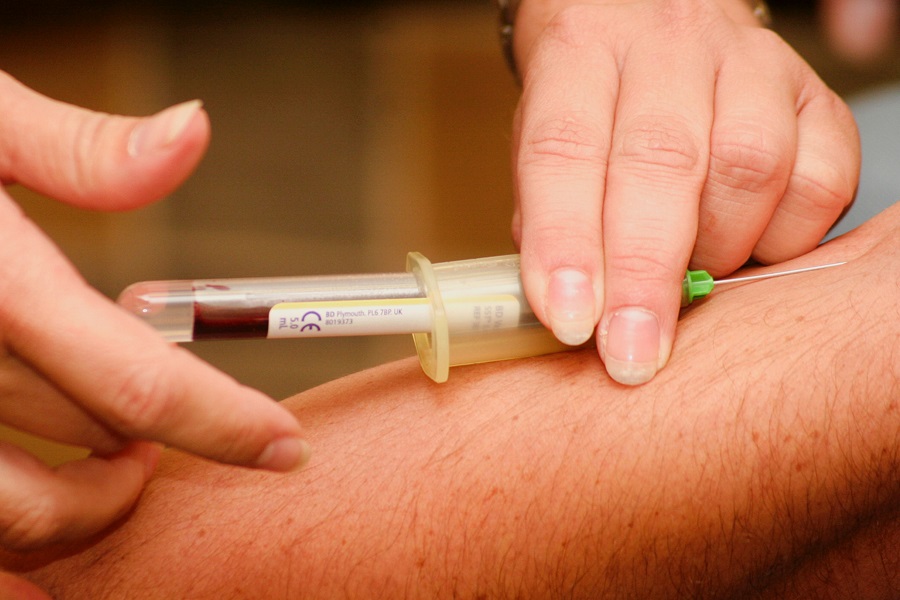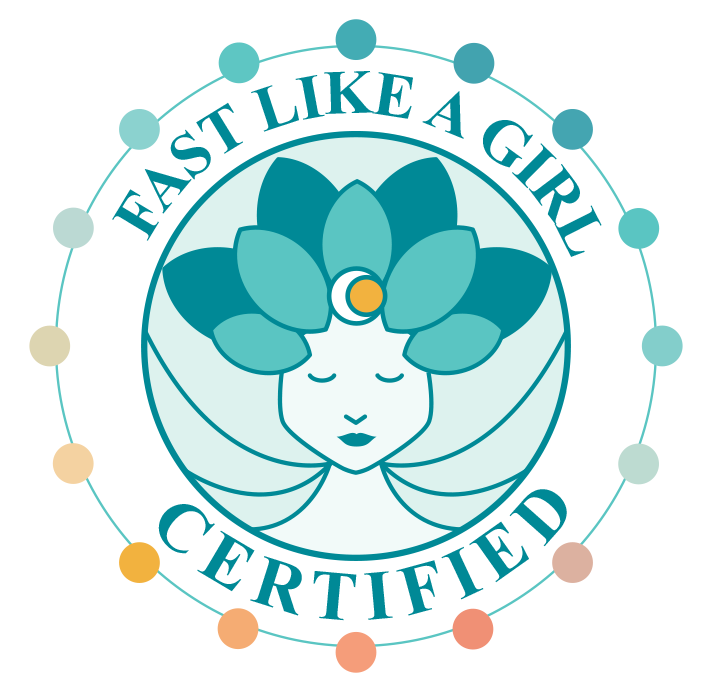I get this question from those taking thyroid medications:
When I have my thyroid checked with a blood test, should I take my medication before having my blood drawn?
As many things in life, the answer is: it depends. No surprise.
We feel best when the thyroid hormone is at exactly the right level – so adjustments in thyroid hormone prescriptions must be based on accurate blood tests, giving us all the information we need.
And how do I know what to tell you? Is there any documentation? The answer is yes, based on a 2007 study in Experimental and Clinical Endocrinology & Diabetes, we know what blood levels do after taking medication. The 24 hour study followed 44 people diagnosed as hypothyroid and treated with medication, taking 12 blood samples to measure TSH, free T3, and free T4.
What are we testing?
This is the first question. Some doctors only test TSH and gauge thyroid function from that. For me, TSH is a start, but it does not give me the whole picture. I like to test what the clinicians in the study used: free T3 and free T4 in addition to TSH.
That said, many doctors order a thyroid panel consisting of TSH (good start) with total T4 (can be helpful) and T3 uptake (which is related to thyroxine-binding proteins, not the T3 hormone), and a calculated T7 index. This gives some information to interpret the TSH value, but it is not complete.
What is TSH?
TSH – thyroid stimulating hormone
TSH is a hormone made by the pituitary gland after it samples the circulating levels of thyroid hormones. The pituitary gland responds to low levels of thyroid hormone by making more TSH and to high levels of thyroid hormone by making less TSH in most cases.
Low TSH
- Hyperthyroid states (too much thyroid hormone) such as Grave’s disease
- Rarely, an under-functioning pituitary gland (other hormones will be off as well)
High TSH
- Hypothyroid states (too little thyroid hormone) including advanced Hashimoto’s
Normal TSH
- Good health with no thyroid hormone problems
- May be in beginning Hashimoto’s autoimmune thyroid
- May be in the case of the pituitary under-functioning
Free levels vs total levels of T3 and T4
If you noticed, the tests done in the study were free levels of T3 and T4. The cheaper test, and more commonly done, is total T4. Measuring the free levels of hormone in your blood means we are measuring how much is available to work on the cellular level.
Total levels of hormone are a combination of free levels and bound levels. You see, most of the hormones are bound by proteins to carry them around in the bloodstream, so they can be available at distant sites. When the free hormone is used by a cell, the binding protein can release another hormone so it is then available. The binding of the hormone is a complex deal that is affected by other circulating hormones, such as estrogen.
What is the difference between T3 and T4?
T3 is the active form of the thyroid hormone, also known as triiodothyronine. The thyroid gland makes a little of it, but in order to distribute it widely through the body, makes more of an inactive form called T4 (thyroxine). Well, actually T4 does have a small action on the cellular level, but its biggest use is to be converted to T3 in the tissue where it will be used.
The Bottom Line
In most cases, more accurate tests result when the thyroid hormone medication is taken after the thyroid test, not before.
But a detailed discussion will show you how the thyroid blood tests are affected, and which ones are affected the most.
Taking synthetic T4 only medication
like Synthroid, levothryoxine, levoxyl
This medication releases slowly and steadily resulting in a relatively stable hormone level in your body. It’s half-life is 9 days, meaning that if you do not take any more medication, it takes 9 days to clear half of it from your body. Blood tests are affected in this way:
TSH & free T3 are the same whether you take your T4 medication before or you have waited up to 48 hours to take the blood test.
T4 peaks 2 hours after taking it in medication, so can affect a blood test when taken during that peak time. Most of the rest of the day, the T4 levels will be stable.
Some doctors adjust doses of medication based on TSH only, so in that case there is no difference. If the interpretation of the blood test includes T4, then the timing of the medication and blood test must be taken into account for an accurate assessment.
Taking combination medication that includes T3
like Armour, Naturthroid, Westhroid, WP Thyroid, compounded T4 and T3
This is where we see the hugest difference in the timing of your tests for accurate results. If you were to take your thyroid medication within 5 hours of getting your thyroid function tests done, your lab results may show that you are overdosed, even when you may be accurately dosed, or they may show your labs to be within normal limits, when you may actually be under-dosed.
What happens is that the TSH is immediately affected by the T3 in the medication. It starts to drop immediately, and drops for 5 hours after taking the dose of medication. Then, it begins to rise, and reaches a stable point about 13 hours after taking the medication. This can vary in people, but the cited research study found that this is what can be expected in most people.
T3, being the active form of the thyroid hormone, acts differently than T4 in that it has a relatively short half-life. Within 18 hours to 3 days, depending on the person, half of the T3 hormone is left compared to 9 days for T4. Therefore, levels of T3 can fluctuate during the day, in some rapidly declining within the day.
When you take T3 in a medication, the free T3 levels on a blood test are affected immediately by increasing. The peak is about 4 hours after taking the medication. Then it starts the decline.
Thus, it is usually best to postpone your combination medication until after you get your lab test done.
It seems the best is getting your thyroid function tests done first thing in the morning, bringing your medications with you, and taking them right after you have your thyroid function tests to ensure that you get accurate test results.
WANT TO USE THIS ARTICLE IN YOUR NEWSLETTER OR WEB SITE? You can, as long as you include this complete blurb with it:
“Naturopathic Physician Dr. Cheryl Kasdorf is a doctor who listens and has answers with a natural approach that works. She is known as the go-to person to get back your get-up-and-go when it is gone, gone, gone. Get your FREE gift “Dr. Kasdorf’s Health Secrets for Feeling & Looking Great” at drcherylkasdorf.com





